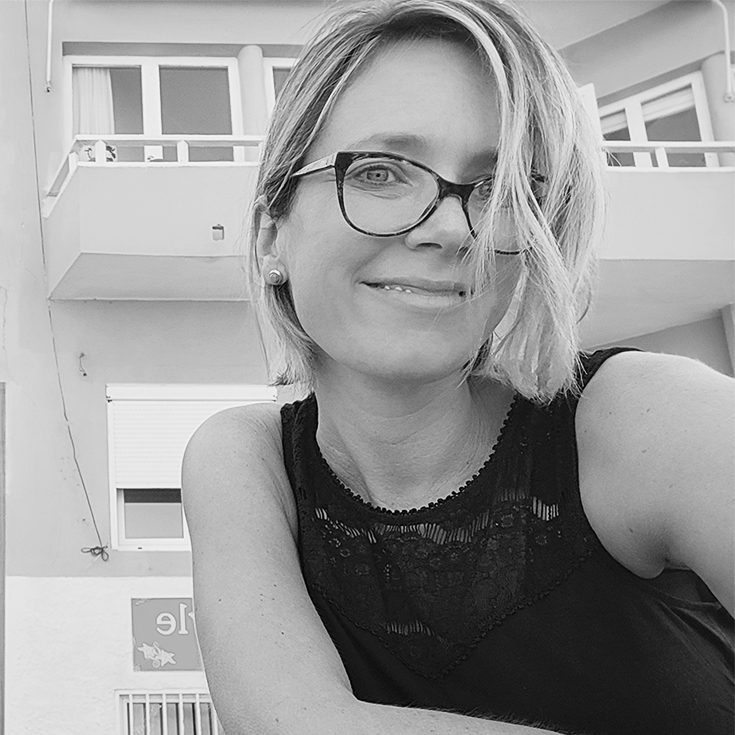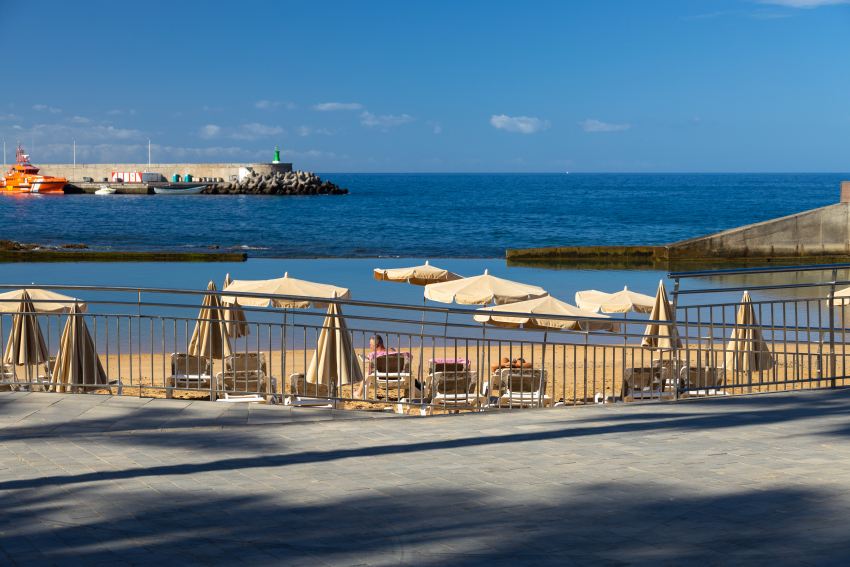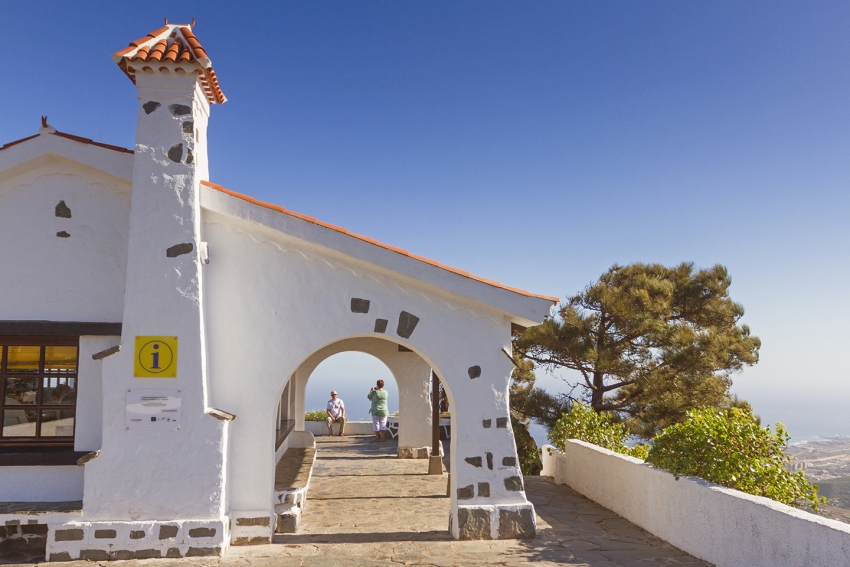Living In Gran Canaria: Property Tax Guide
 Buying a property in Gran Canaria costs about 10% of the price you pay once you factor in taxes and fees. Selling a property involves some costs but these only add up if you profit from the sale. The annual tax burden of owning a property in Gran Canaria is low.
Buying a property in Gran Canaria costs about 10% of the price you pay once you factor in taxes and fees. Selling a property involves some costs but these only add up if you profit from the sale. The annual tax burden of owning a property in Gran Canaria is low.
Article by Gran Canaria estate agent Laura Leyshon from Las Palmas property.
Here is a summary of all the annual property taxes you have to pay in Gran Canaria.
IBI: An annual property tax set by the local Ayuntamiento that is between 0.5% and 1% of the official value of your property (much lower than the market value). The IBI rate in Las Palmas is currently 0.73% while other municipalities charge slightly different rates..
Other ongoing costs...
IBI is the only monthly tax cost that you have to pay in Gran Canaria (San Bartolomé de Tirajana charges an annual rubbish collection tax). However, if you live in a building or a complex you have to pay a monthly communidad fee which is your share of costs like communal electricity, lift and pool maintenance and insurance.
The amount varies depending on the building and the facilities and services it offers.
Non-resident property owners must pay income tax on any rental income, plus IGIC (VAT) if they rent their property on a short -term basis. Even if a non-resident property owner doesn’t rent out their property, they still have to pay a small annual Sunshine tax.
Some municipios, such as Mogán charge an annual rubbish collection fee.
Gran Canaria property taxes at purchase
ITP or re-sale purchase tax
Buyers of re-sale property (as opposed to a new build) are required to pay the Impuesto de Transferencia de Propiedad which is 6.5% of the price paid for the property.
New Properties purchase tax
This is currently 7% if the house is finished or is being built at the time of the purchase. It is paid by the buyer.
A property buyer only ever has to pay one of the above two taxes.
Other Gran Canaria property purchase fees
While not strictly taxes you also have to pay Notary fees (around 300 euros for most properties, more if you buy with a mortgage) and Property Registry fees (around 300 euros). Most buyers use a Gestoria to handle the paperwork associated with a purchase (they charge around 250 euros).
Along with the 10% taxes and fees, you’ll need a minimum deposit of 10-20% if you get a mortgage (30% for non-residents) and 300 euros to pay for a valuation of the property you want to buy. Spanish banks also insist that you take out life insurance and property insurance at the same time as the mortgage. Legally your mortgage provider cannot force you to take out their insurance. However, it makes the whole process smoother if you do. You can always change to a better deal after a year.
Gran Canaria property taxes at sale
Plusvalía municipal
Paid by the seller to the Ayuntamiento where the property is located, this is also called the impuesto sobre el incremento de valor de los terrenos de naturaleza urbana (IIVTNU).
You pay plusvalia on the increase in value of the land that a property occupies during the period that you own it (capped at 20 years) and the amount varies depending on the period of ownership and the rates set by the Ayuntamiento.
Incremento patrimonial
Capital gains tax paid to the Spanish Treasury; Based on the difference between the sale price and the price paid by seller when he/she originally purchased the property (you can offset costs of improvements so keep your new kitchen and bathroom facturas).
As of 2016, the capital gains tax rate in Gran Canaria is 19% for the first 6.000 Euros, 21% from 6.000 to 50.000 Euros and 23% from that last amount upwards.
However, one advantage of the fall in Gran Canaria property prices over the last 10 years is that few sellers have to pay capital gains tax.
Tax exemption
Avoid paying capital gains tax by reinvesting the money from the sale of a main residence property into another main residence property within two years. EU nationals, even non-residents, can also avoid this tax if they buy a new main residence property anywhere in the EU within two years.
To claim the exemption you need to be able to prove that a property has been your main residence. A good reason to get a ‘certificado de empadronamiento’ certificate from your Ayuntamiento as soon as you buy your house.
Mortgage cancellation fees
If you cancel a mortgage when you sell a property, expect to pay 1% or more of the outstanding balance for the privilege, plus up to 1000 euros to register the cancellation at the Notary and Property Registry. You can sometimes pass the mortgage on to the buyer if the terms are acceptable.
Gran Canaria Info recommends:
- Default
- Title
- Date
- Random













